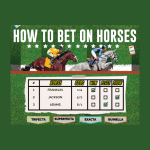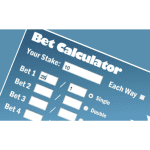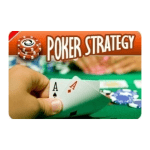Understanding the Concept of Dutching Betting
Dutching betting is a strategy that allows bettors to spread their stake over several selections in a single event, increasing the chances of winning. The main principle behind Dutching is to bet on multiple outcomes in such a way that, regardless of the outcome, a profit is guaranteed. It involves calculating the optimal stake to place on each selection based on the odds offered by the bookmakers.
By strategically distributing bets across different outcomes, Dutching provides a way to mitigate risks and potentially secure a return on investment. This approach is commonly used in situations where there are several strong contenders in a race or match, making it difficult to predict the outright winner. Rather than putting all their eggs in one basket, bettors can diversify their bets and improve their chances of making a profit.
History and Origins of Dutching Betting
Dutching betting takes its name from the infamous gangster Dutch Schultz, who was known for using this technique in betting circles during the early 20th century. Schultz developed this strategy as a way to increase his chances of winning by placing multiple bets on different outcomes within the same event.
The concept of Dutching betting has since evolved and become a popular strategy among gamblers worldwide. It has gained traction due to its effectiveness in minimizing risks and maximizing potential profits in various betting scenarios. As a result, Dutching betting has established itself as a fundamental technique in the gambling realm.
How Dutching Betting Works
Dutching betting involves placing multiple bets across different outcomes to ensure a profit, regardless of which selection wins. This strategy is commonly used in horse racing, football, and other sports where there are multiple potential outcomes. Essentially, bettors allocate their stake among all possible outcomes with calculated odds to guarantee a positive return.
To execute Dutching betting effectively, one must calculate the stake for each selection based on the odds and desired return. By distributing the total stake proportionally across all selections, the bettor minimizes their risk and maximizes the potential profit. This method requires careful analysis of the odds offered by bookmakers to determine the optimal allocation of stakes.
Advantages of Dutching Betting
Dutching betting allows bettors to cover multiple outcomes in a single wager, increasing the chances of winning. By strategically allocating stakes across different selections, bettors can ensure a profit regardless of the outcome. This approach minimizes the risk associated with traditional betting strategies where only one selection is backed.
Moreover, Dutching betting provides flexibility and control to the bettor. It allows for the customization of the desired level of risk and potential return based on individual preferences. This versatility empowers bettors to adjust their strategies according to changing circumstances, making it a valuable tool for both novice and experienced punters.
Disadvantages of Dutching Betting
Though Dutching betting offers the opportunity to cover multiple outcomes in a single bet, one of its significant disadvantages is the potential reduction in overall profits. By spreading the stake across various selections, the likelihood of winning may increase, but the return on investment could be lower than expected if one of the favored selections does not win. This dilution of potential earnings is a key drawback that bettors must consider before engaging in Dutching betting.
Another drawback of Dutching betting is the increased complexity it introduces to the betting process. Calculating the appropriate stake for each selection to ensure an equal profit across all outcomes requires mathematical precision and careful consideration. This added layer of complexity may deter some bettors who prefer a more straightforward approach to their betting strategy. The need for meticulous planning and constant monitoring of odds can be challenging for those who prefer a simpler, more intuitive betting experience.















